Pandemic Babies With Developmental Delays Can Be Helped to Make Up for Lost Social Interaction – 5 Tips for Parents
Typically, about 1 in 6 children experience a developmental delay. But children born during the pandemic, a 2022 study has found, have nearly twice the risk of developmental delays in communication and social development compared to babies born prior to the pandemic. Read more ›

 In the early phase of the COVID-19 pandemic, Stanford Medicine researchers had to pause a study of autism treatment in preschoolers. The participants, young children with speech delays, had been coming to Stanford 12 hours a week for a therapy called
In the early phase of the COVID-19 pandemic, Stanford Medicine researchers had to pause a study of autism treatment in preschoolers. The participants, young children with speech delays, had been coming to Stanford 12 hours a week for a therapy called 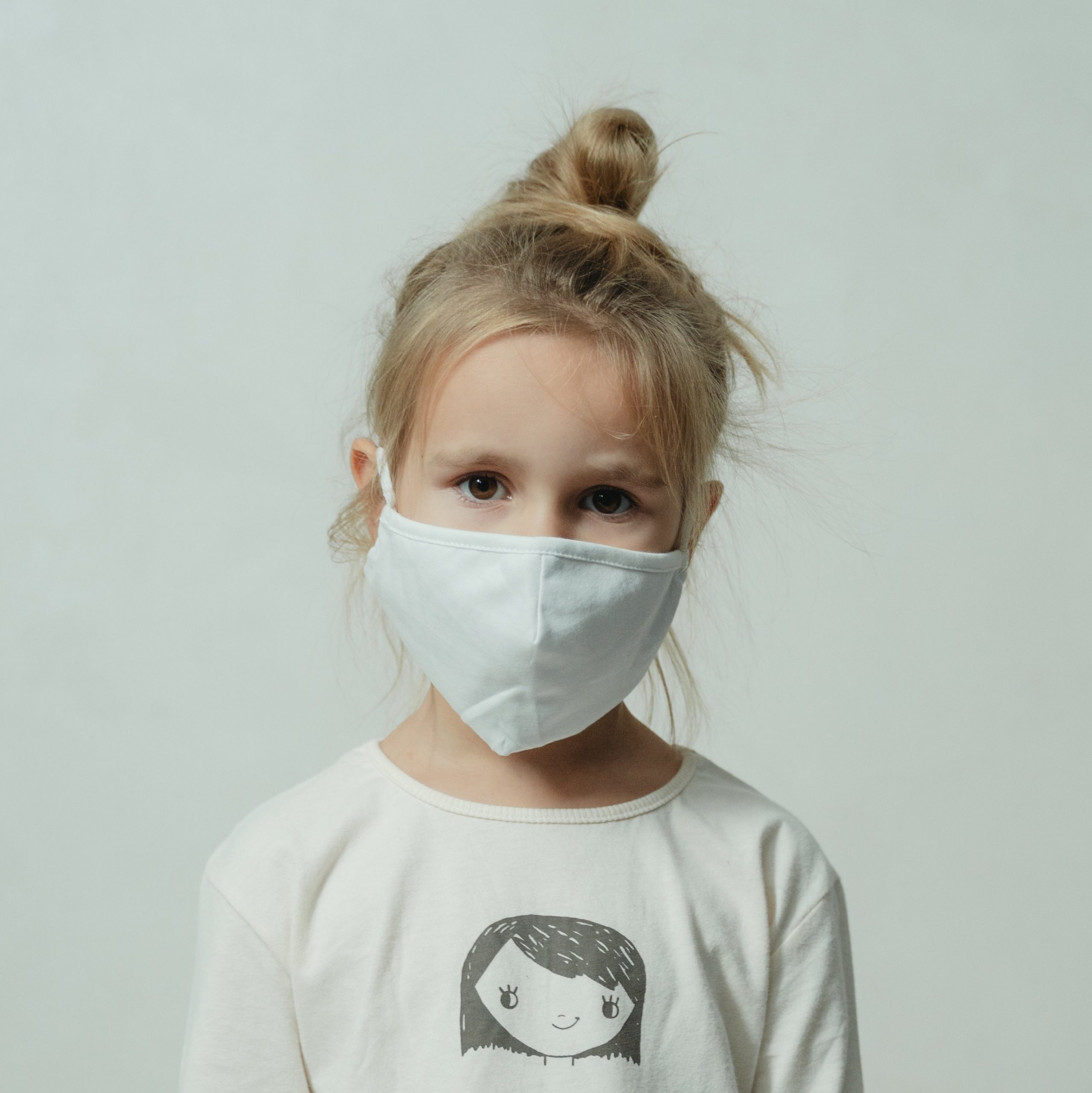
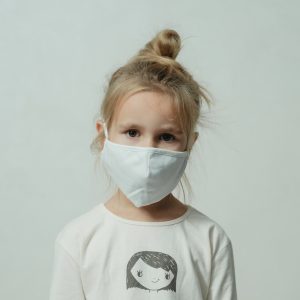 Some parents express worry that masks might interfere with children’s ability to learn or to socialize. Other parents fear that unmasking will lead to more COVID-19 cases.
Some parents express worry that masks might interfere with children’s ability to learn or to socialize. Other parents fear that unmasking will lead to more COVID-19 cases.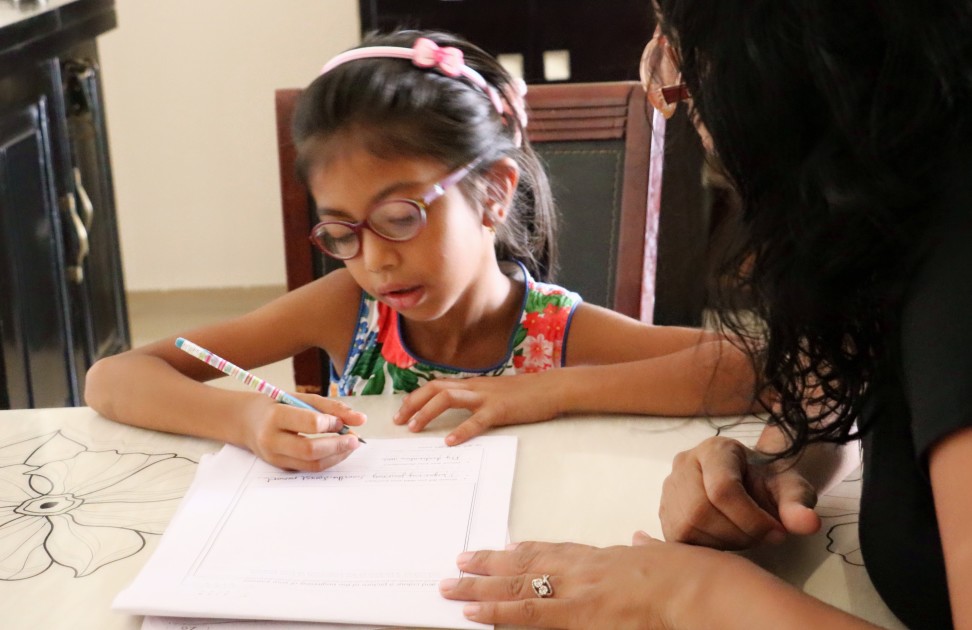
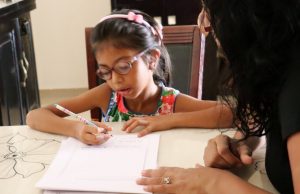 A study on autism’s gender differences, published in the journal Molecular Autism, focused on the language that autistic girls and boys used during semi-structured interviews by exploring social word use. When comparing autistic girls and boys between the ages of 6 and 15 with similar IQs and levels of autism, girls were shown to use far more social words—that is, words that make reference to other people, including family and friends—than their male counterparts.
A study on autism’s gender differences, published in the journal Molecular Autism, focused on the language that autistic girls and boys used during semi-structured interviews by exploring social word use. When comparing autistic girls and boys between the ages of 6 and 15 with similar IQs and levels of autism, girls were shown to use far more social words—that is, words that make reference to other people, including family and friends—than their male counterparts. 

 We receive lots of questions from parents about evaluations: Does my child need one? Or should we just start treatment? An evaluation by a psychologist or a multidisciplinary team can be a valuable tool in understanding your child’s strengths and weaknesses and provide a roadmap for next steps. It can reveal whether what seems like distraction, laziness or reluctance could actually be a sign of mental health or learning challenges.
We receive lots of questions from parents about evaluations: Does my child need one? Or should we just start treatment? An evaluation by a psychologist or a multidisciplinary team can be a valuable tool in understanding your child’s strengths and weaknesses and provide a roadmap for next steps. It can reveal whether what seems like distraction, laziness or reluctance could actually be a sign of mental health or learning challenges. 

 A lack of socialization over the past two years has a lot of parents worried about their children’s language development. In fact, one of the most viewed articles in our online Resource Library right now focuses on speech delays in young children during COVID. How do we know when our kids should be progressing from first words to full sentences? Have masks and social distancing affected typical language development? Where should we turn if we’re concerned?
A lack of socialization over the past two years has a lot of parents worried about their children’s language development. In fact, one of the most viewed articles in our online Resource Library right now focuses on speech delays in young children during COVID. How do we know when our kids should be progressing from first words to full sentences? Have masks and social distancing affected typical language development? Where should we turn if we’re concerned? 
 During a child’s first few years of life, they are rapidly developing communication skills. Whether by smiling, cooing and babbling, pointing and gesturing, or saying their first words, children express themselves from birth. Some families wonder whether continuous use of face masks by daycare providers, preschool teachers, and other adults may negatively affect their child’s speech and language development.
During a child’s first few years of life, they are rapidly developing communication skills. Whether by smiling, cooing and babbling, pointing and gesturing, or saying their first words, children express themselves from birth. Some families wonder whether continuous use of face masks by daycare providers, preschool teachers, and other adults may negatively affect their child’s speech and language development. 
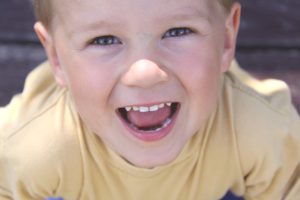 Because of the pandemic, many kids that should have started preschool in the fall are now at home. While it’s a great opportunity to spend extra time with family, kids risk losing some of the language development that they get from being around their peers.
Because of the pandemic, many kids that should have started preschool in the fall are now at home. While it’s a great opportunity to spend extra time with family, kids risk losing some of the language development that they get from being around their peers. 
 Have lockdown and other COVID-19 measures affected how children acquire the speech and language skills so vital to their academic and social development? And if children’s speech has been held back, what can parents do about it?
Have lockdown and other COVID-19 measures affected how children acquire the speech and language skills so vital to their academic and social development? And if children’s speech has been held back, what can parents do about it? 
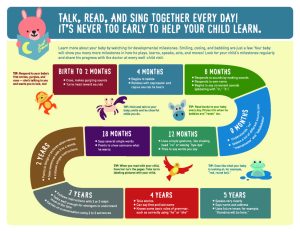 Research has found that providing children from birth to five with consistent, language-rich experiences – such as talking, reading, and singing – can have important benefits on their brain development and future school success.
Research has found that providing children from birth to five with consistent, language-rich experiences – such as talking, reading, and singing – can have important benefits on their brain development and future school success. 

